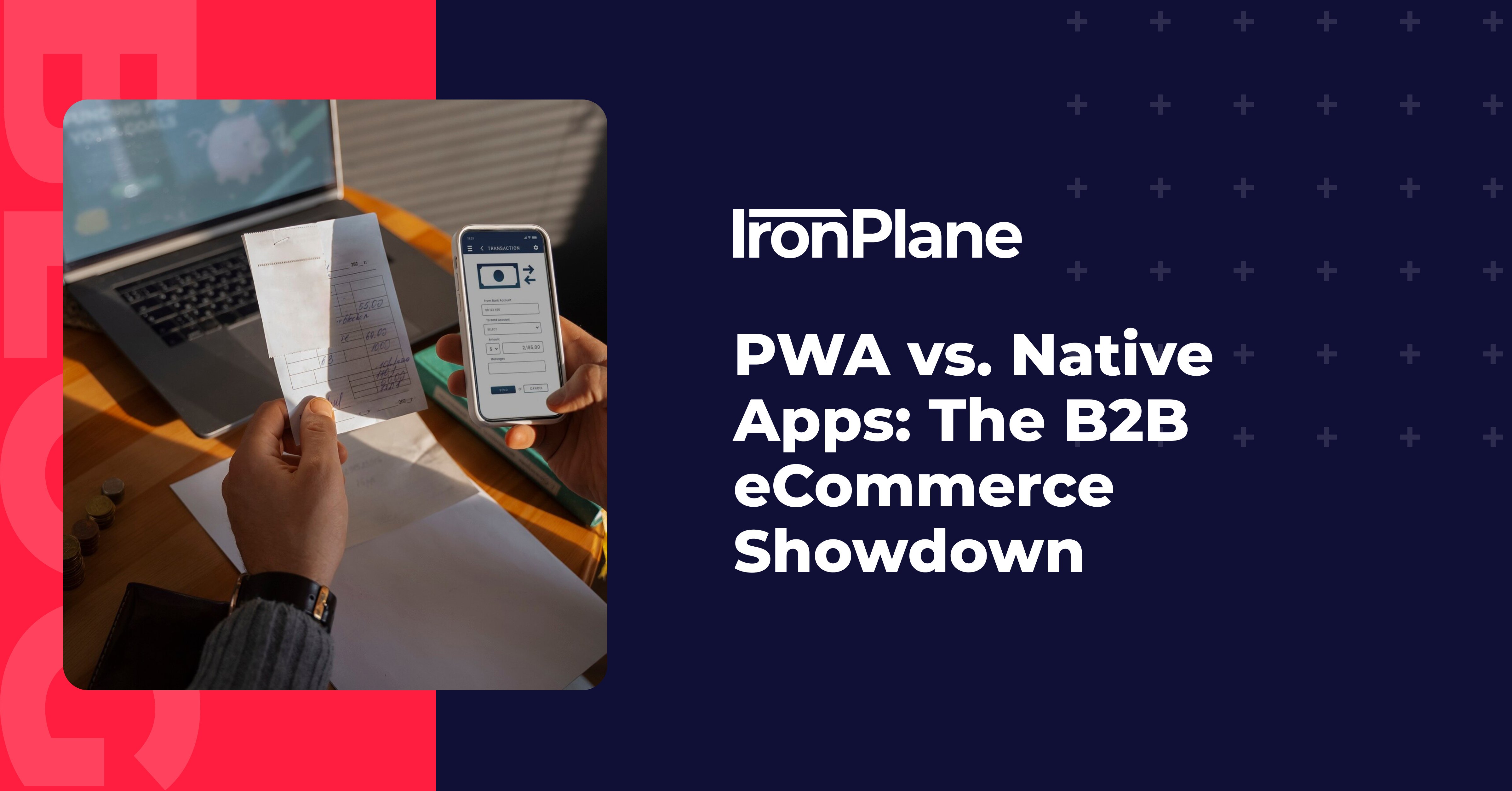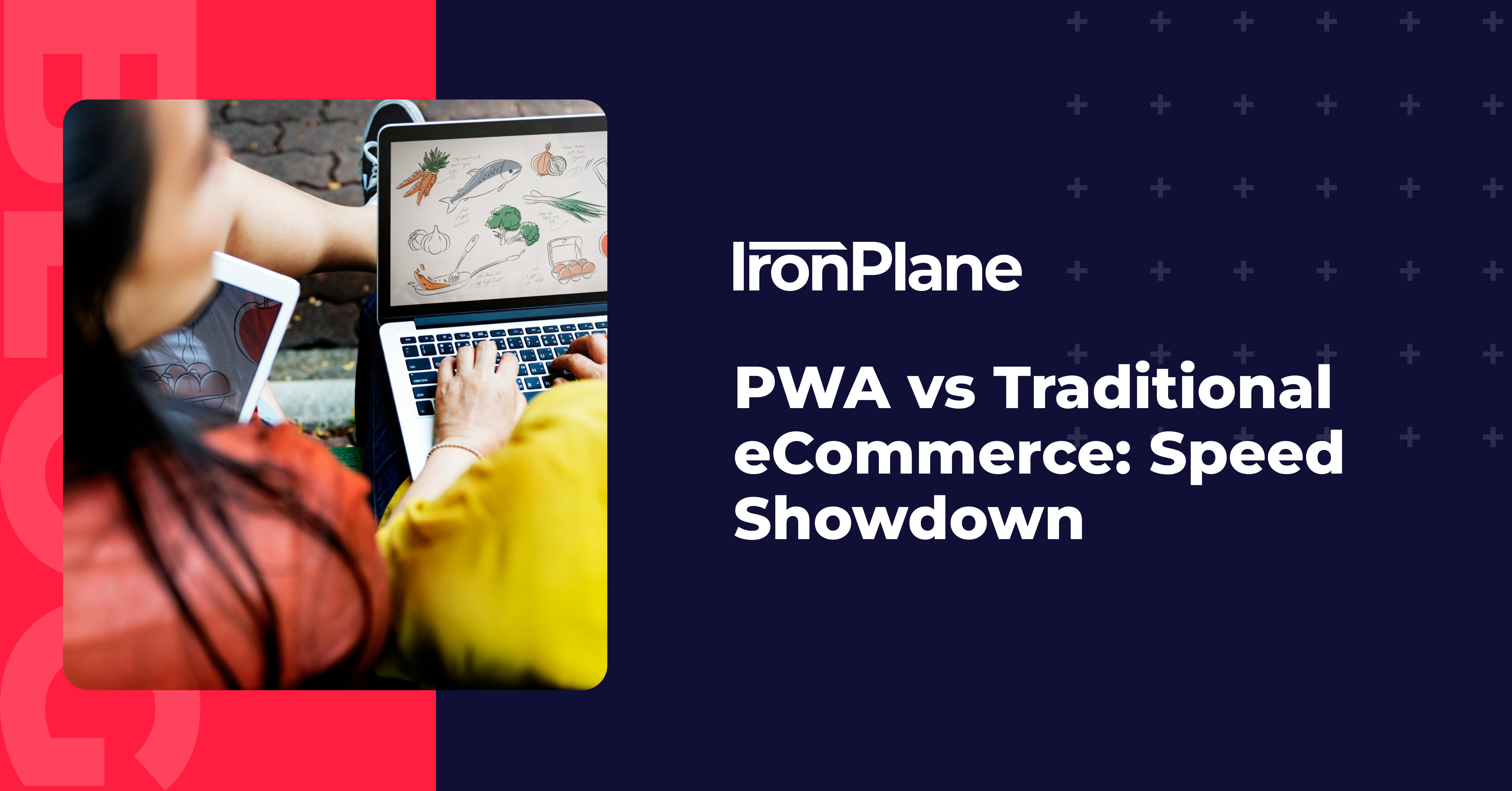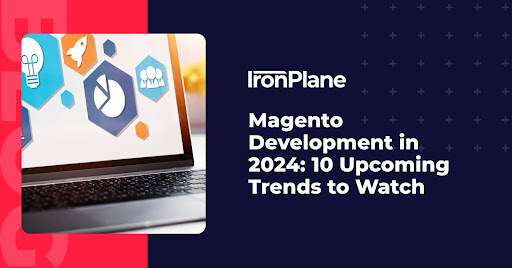Progressive Web Apps: What They Are and Why You Should Be Using One
PWAs were first developed in 2015 to combine the best properties of native apps and traditional mobile sites.

B2B eCommerce businesses have to choose between Progressive Web Apps (PWAs) and Native Apps. Let's compare them to help you decide what's best for your company.
| Aspect | PWA | Native App |
|---|---|---|
| Development Cost | Lower | Higher |
| Platform Compatibility | Cross-platform | Platform-specific |
| SEO | Better | Limited |
| Offline Functionality | Available | Typically better |
| Device Feature Access | Limited | Full access |
Progressive Web Apps are websites that look and feel like mobile apps. They work on any device with a web browser. Native Apps are built specifically for iOS or Android devices and are downloaded from app stores. PWAs can be accessed directly through web browsers, without needing app store approval or downloads.
While PWAs offer many benefits, Native Apps have their own strengths. They usually provide better access to device features and can integrate more smoothly with the operating system. This can be useful for B2B eCommerce apps that need advanced functions like inventory management or complex data processing.
Native Apps often provide a smoother user experience and faster performance. They can use device-specific features more easily, like camera functionality for barcode scanning or GPS for location-based services. However, PWAs are catching up quickly. They offer fast loading times and can work offline, which is important for B2B customers who might be in areas with poor internet connection. PWAs also update automatically, so users always have the latest version without manual updates.
Learn about our Magento B2B development expertise to see how we can optimize your eCommerce platform for the best performance, regardless of the app type you choose.
PWAs generally cost less to develop and maintain. You only need to create one version that works across all platforms. Native Apps require separate development for iOS and Android, which can double your costs and development time. This cost difference can be big, especially for B2B companies with limited development budgets.
The cost difference is not just in initial development. Maintaining and updating Native Apps can take more time and money, as changes need to be made separately for each platform and go through app store approval processes.
Discover our eCommerce consulting services to get expert advice on which solution would be most cost-effective for your B2B eCommerce needs.
PWAs have a clear advantage when it comes to search engine optimization (SEO). They can be indexed by search engines, making them easier to find. This is particularly important for B2B companies looking to attract new clients through online searches. Native Apps rely on app store optimization, which can be harder for discoverability, especially in the B2B sector where potential clients might not be actively searching app stores for business solutions.

B2B eCommerce often involves complex pricing structures and large order volumes. PWAs can handle these complexities well, and their ability to work offline is particularly useful for B2B sales representatives in the field. This offline functionality allows sales teams to access product catalogs, pricing information, and even place orders in areas with poor internet connectivity, which is common in B2B sales.
Native Apps, however, might offer better integration with device-specific features that could be useful for inventory management or barcode scanning. For businesses that need deep integration with other enterprise systems or need to process large amounts of data locally, Native Apps might have an edge.
Explore our Magento 2 hosting solutions to ensure your B2B eCommerce platform, whether PWA or Native App, runs smoothly and securely.
Both PWAs and Native Apps can be made secure, but Native Apps often have an edge in implementing advanced security features. This is particularly important for B2B eCommerce, where large transactions and sensitive business data are involved. Native Apps can use device-level security features more easily, such as fingerprint recognition or secure storage for sensitive data.
However, PWAs are not far behind in terms of security. They can use HTTPS, secure web APIs, and even access some device security features through modern web standards. The choice between PWA and Native App for security often depends on the specific security needs of your B2B operations.
Many B2B companies have seen success with both PWAs and Native Apps. For example, Alibaba saw a 76% increase in conversions across browsers after introducing their PWA. This shows how PWAs can really impact business results in the B2B sector.
76% increase in conversions
70% increase in conversions
17% increase in conversions
80% increase in conversions
On the other hand, companies like SAP have successful Native Apps that work closely with their customers' business processes. These apps use device features and provide a highly customized experience for complex B2B operations.
Learn about our BigCommerce development services to see how we can help you implement successful eCommerce solutions, whether you choose PWA or Native App development.
The choice between PWA and Native App depends on what your business needs. Think about your budget, target audience, required features, and long-term business goals. PWAs might be better if you want a cost-effective solution that works on all platforms and helps with SEO. They're good for businesses looking to attract new clients through web searches.
Native Apps could be better if you need to use a lot of device features or want maximum performance. They're ideal for businesses with regular customers who need complex functions or need to process lots of data on the device.
Partner with our Magento development agency to get expert guidance on choosing and implementing the best solution for your B2B eCommerce needs.
Both PWAs and Native Apps have their place in B2B eCommerce. As technology improves, the differences between the two may become less clear. PWAs are getting more capable, while Native Apps are becoming easier to develop for different platforms. The key is to choose the solution that works best for your customers and fits with your business strategy.
Whichever you choose, make sure your eCommerce platform is strong, secure, and easy to use. In the B2B world, where relationships and efficiency are really important, the right digital solution can make a big difference for your business.
Discover our Adobe Commerce expertise to learn how we can help you stay ahead in the changing world of B2B eCommerce, whether you go for PWA or Native App development.

PWAs were first developed in 2015 to combine the best properties of native apps and traditional mobile sites.

In today's fast-paced online world, speed is everything. Shoppers want quick, smooth experiences when they browse and buy. That's why many businesses are looking at Progressive Web Apps (PWAs) as a way to speed up their online stores.

Progressive Web Applications (PWAs) are set to revolutionize the Magento eCommerce experience in 2024. With Magento's PWA Studio, developers can create fast, responsive, and engaging user experiences across devices.